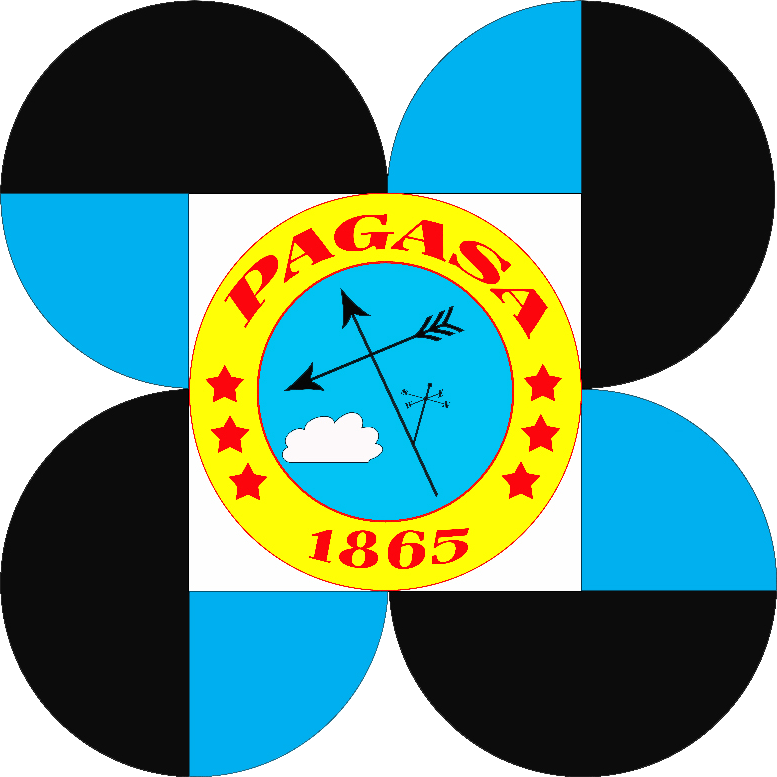DOST's #MAGHANDA sets to rollout nationwide learning sessions this Jul
20 June 2022
PRESS RELEASE
DOST-PAGASA
S&T Media Service
20 June 2022
DOST's #MAGHANDA sets to Rollout nationwide learning sessions this July
The Department of Science and Technology (DOST), in partnership with the Department of Interior and Local Government (DILG), will begin the nationwide learning sessions for Project #MAGHANDA on July 7, bringing the total number of participants to 9,000 from 17 regions.
These learning sessions aim to educate participants on the most up-to-date disaster information and early warnings, as well as the corresponding actions to take.
The #MAGHANDA project will conduct a total of 28 learning sessions with both asynchronous and synchronous components. The identified participants include local chief executives, disaster risk reduction and management officers, information officers from local government units, first responders, and media personnel.
For the two-week run of asynchronous sessions, participants from local government units and first responders such as those from the Bureau of Fire Protection and Philippine National Police will be able to access the project's learning management system to study the different modules prepared by the project from Philippine Atmospheric, Geophysical, and Astronomical Services Administration (PAGASA)and Philippine Institute of Volcanology and Seismology (PHIVOLCS).
An open forum and workshops will be conducted in synchronous sessions with the support of the DOST-PAGASA and DOST-PHIVOLCS resource persons and other training staff from the implementing agencies. During the workshop, participants will update their disaster risk reduction and management contingency plan to include hazards, that can affect their area and because of the lessons learned during the COVID-19 PANDEMIC.
The DOST-PAGASA has prepared presentations and workshops for the following hazards: tropical cyclones & gale, thunderstorms & heavy rainfall, storm surge, flood, and El Niño and La Niña. Tools such as the DOST-PAGASA website and the development of the impact-based Forecasting and Warning system will also be featured.
For DOST-PHIVOLCS, topics will include warnings about volcanoes, earthquakes, and tsunamis as well as their tools and services such as the GeoRiskPH platform, Rapid Earthquake Damage
assessment System (REDAS), and How Safe is my House.
#MAGHANDA will also distribute the 26 updated IEC materials on different meteorological and geological topics to all cities and municipalities nationwide. Public Service Announcements about the hazards and warning systems will also be broadcasted on various platforms.
#MAGHANDA is a DOST grant-in-aid project implemented by DOST-PAGASA with the support from DOST-PHIVOLCS and Science and Technology Information Institute, and in partnership with DILG and Local Government Academy.
Original Signed:
VICENTE B. MALANO, Ph.D.
Administrator
#MAGHANDA Project Leader
More Press Release
02 October 2020
Recent oceanic and atmospheric indicators signify La Niña is present in the tropical Pacific. Since June 2020, the sea surface temperature ...
Read more09 September 2020
Recent PAGASA's climate monitoring and analyses suggest that La Niña may develop in the coming months. La Niña is characterized by unusually cool ocean surface ...
Read more16 July 2020
PAGASA has been continuously monitoring the possible development of La Nińa since March 2020. La Nina i...
Read more22 June 2020
The Philippine Atmospheric, Geophysical and Astronomical Services Administration (DOST-PAGASA) puts up fight against v...
Read more12 June 2020
Press Statement: 12 June 2020
The occurrence of scattered thunderstorms, Tropical Depression “BUTCHOY” and the Southwest Monsoon (Habagat) during...
27 July 2020
SPECIAL WEATHER FORECAST FOR THE STATE OF THE NATION ADDRESS (SONA)
27 July 2020
Today (27 July), Metro Manila will have partly cloudy to ...
